On November 17, 2021, the Third Committee of the UN General Assembly passed a resolution expressing “serious concern” at the “continued imposition of the death penalty by the Islamic Republic of Iran against minors”. It went on to urge the Islamic Republic “to cease the imposition of the death penalty against minors, including persons who at the time of their offence were under the age of 18, in violation of the Convention on the Rights of the Child, and to commute the sentences for child offenders on death row”.
A full month later on December 17, in response to this resolution, Kazem Gharibabadi, the Iranian judiciary’s vice president for international affairs and secretary of the country’s “High Council for Human Rights”, dismissed the resolution as “politically motivated”. Gharibabadi claimed Iran has made no binding international commitment stopping it from sentencing people to death for crimes committed when they were minors.
“Article 1 of the [UN[ Convention on the Rights of the Child specifies that a child means every human being below the age of 18, unless national laws define another age,” he said, “and the Islamic Republic of Iran has defined another age. If an individual [in Iran] commits a crime punishable by death then such a punishment is not illegal, and not contrary to our international commitments.”
Is Kazem Gharibabadi’s assessment of Iran’s position correct? In this report, IranWire attempts to answer this question.
The Legal Basis for the Ban on Executing Children
The UN Convention on the Rights of the Child is most important international treaty barring the execution of minors. Article 37 states: “No child shall be subjected to torture or other cruel, inhuman or degrading treatment or punishment. Neither capital punishment nor life imprisonment without possibility of release shall be imposed for offences committed by persons below 18 years of age.”
The other key agreement barring the execution of child offenders is the International Covenant on Civil and Political Rights. Article 6 states in no uncertain terms that “The sentence of death shall not be imposed for crimes committed by persons below 18 years of age, and shall not be carried out on pregnant women.”
Are Iran’s Own Commitments Binding?
Yes, for three reasons:
- Iran has signed and ratified both the Convention on the Rights of the Child (in 1994) and the International Covenant on Civil and Political Rights (in 1975). Countries are bound to these conventions regardless of any changes at the level of government, or even full regime change.
- Article 9 of the Islamic Republic’s own Civil Code states: “Treaty stipulations which have been, in accordance with the Constitutional Law, concluded between the Iranian Government and other government, shall have the force of law.”
When the Iranian parliament ratified the bill to join the Convention on the Rights of the Child, MPs did, however, add a caveat: “If at any time or in any instance its provisions contradict domestic laws and Islamic criteria, such provisions would not be binding on the government of the Islamic Republic.” But no such caveat was added in 1975 when Iran ratified the International Covenant, so the key provision remains sacrosanct.
Finally, we come to the question to the “right of reservation” that the Islamic Republic believes it possesses regarding the execution of children. A reservation is a declaration by a state made upon signing or ratifying a treaty, to say that the state reserves the right not to abide by certain provisions of ir.
Does the “Right of Reservation” Relieves the Islamic Republic of its Duty Not to Execute Child Offenders?
No. For a country to exercise its right to reservation, certain criteria must be met. According to articles 19 to 23 of the 1969 Vienna Convention on the Law of Treaties, these include:
- Reservations cannot be incompatible with the object and purpose of the treaty.
- A treaty may also prohibit reservations for some or all of the treaty's provisions.
- Other states may object to a reservation.
By itself, then, the existence of the right of reservation does not mean the Islamic Republic can execute child offenders, as this is contrary to “the object and the purpose of the treaty”. What’s more, the Islamic Republic did not specify which of the Convention’s provisions it was not committing to when it ratified the document – officials only announced that they had such a right in general.
This vague approach was criticized by some other countries at the time. The UN committee responsible for investigating reservations asked Iran to retract the statement. Denmark was one of the objecting countries, saying Iran’s claim gave potential future violations an “unlimited scope” and “undefined character” that was “incompatible with the object and purpose of the Convention and, accordingly, inadmissible and without effect under international law.”
Does Iran Accept that People Aged Under 18 are Children?
The Convention on the Rights of the Child requires all member countries to adjust their domestic laws to match its core provisions. Accordingly, on May 12, 2020, the Iranian parliament passed the Law to Support Children and Adolescents. The same law was approved by the Guardian Council on June 7 and the president was formally notified of it on June 11, 2020. Article 1 of this law defines anybody under 18 years of age as a child or adolescent. It meant that even though in Iran individuals are criminally liable from the age of puberty as defined by the Sharia, Iranian law recognizes them as children.
Conclusion
Kazem Gharibabadi, Vice-President of the Iran Judiciary for International Affairs and the secretary of the High Council for Human Rights, claims that Iran has no binding international commitments to stop it sentencing individuals to death for crimes committed before they were 18 years old.
Based on all the above, IranWire considers Gharibabadi’s claim to be a "Pinocchio's lie”: a statement that has already been established or proven to be untrue based on existing research and evidence.
You can read about our fact-checking methodology here.
Read other articles in the fact check series:
Fact Check: Is Tehran the Most Expensive Capital in the World to Buy a House In?
Fact Check: Do 90 Percent of Global Drug Seizures Happen in Iran?
Fact Check: Is the Islamic Republic of Iran a "Top" Country?
Fact Check: Is Iran the Medical Hub of Asia?
Fact Check: Does the Islamic Republic Really Fight Corruption?
Fact Check: With SCO Membership Approved, is Iran the 'Fourth Power in the East'?
Fact Check: Is Iran One of the Top Ten Military Powers in the World?




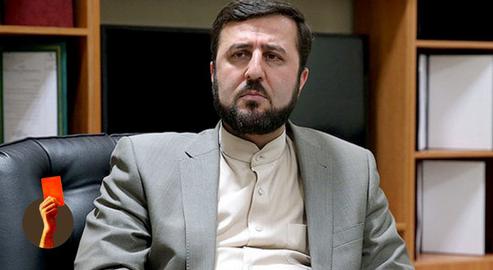
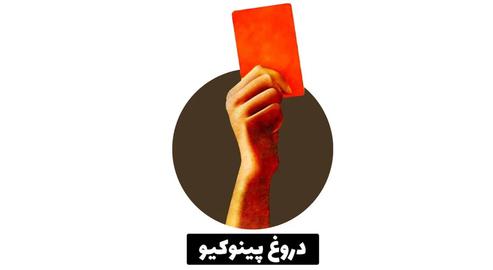

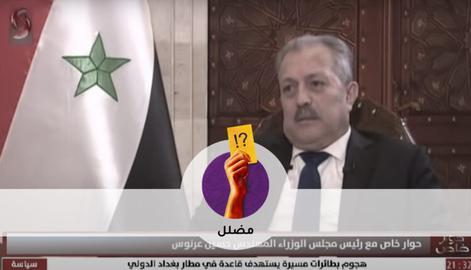

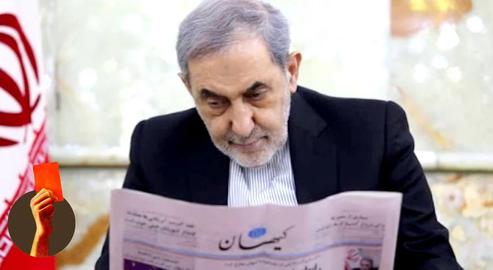

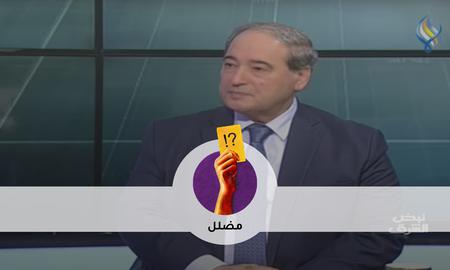
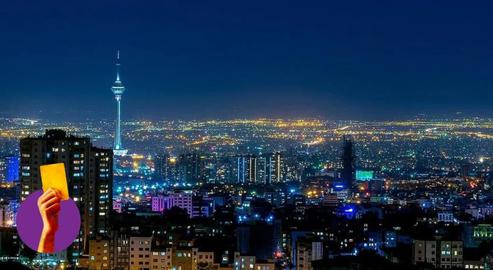
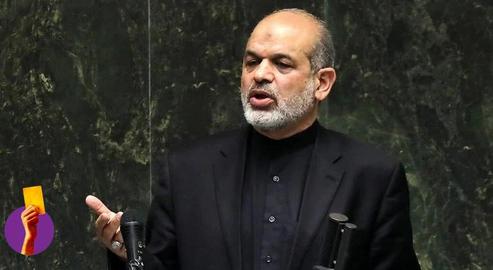
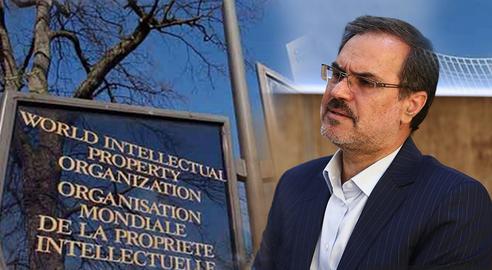


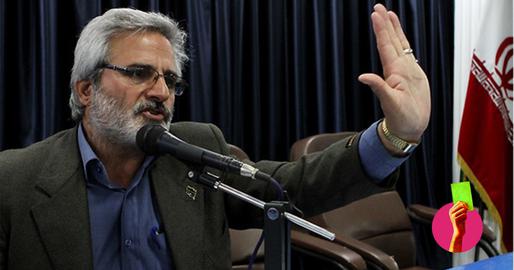
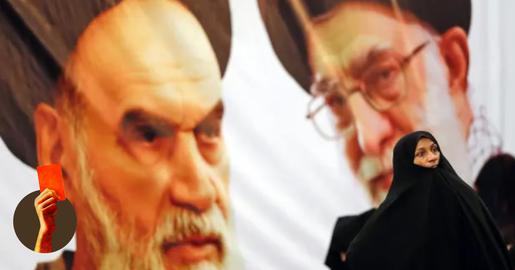
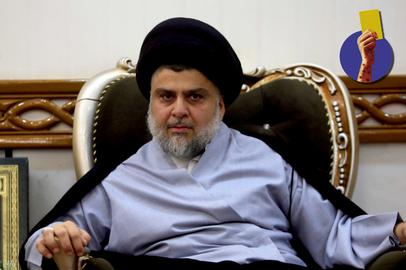
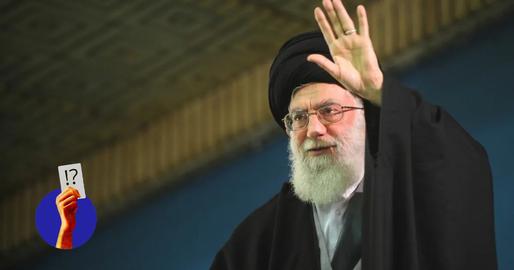

comments